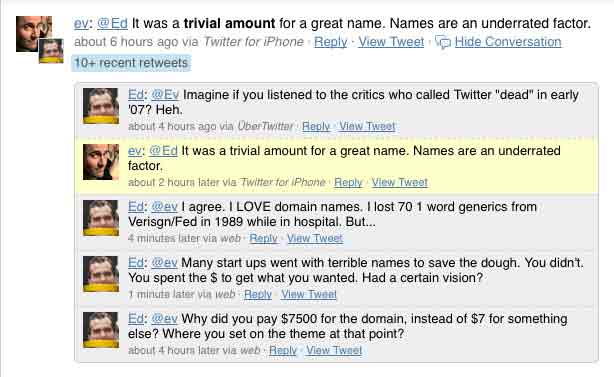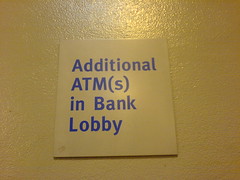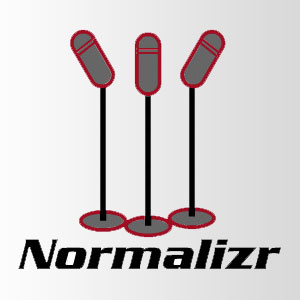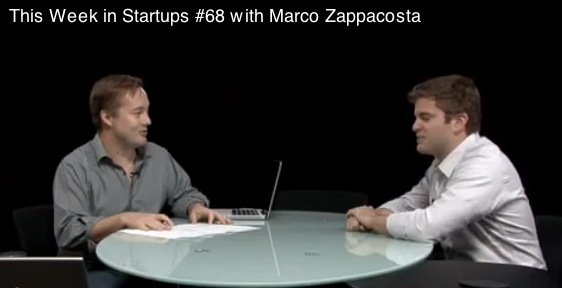As an example to startups especially, I wanted to highlight this recent auction as an example of the kinds of domains that can be acquired for reasonable prices. If you’re getting ready to launch and are facing the difficult task of finding the right name consider enlisting my help. I know where and how to look for great names at reasonable prices.
I recently participated in a domain auction for the domain Penance.com. I actually have content that matches the domain perfectly. Previously I’ve hosted it on other URLs but I’ve been keeping my eye open for a better one. For my purposes you couldn’t have a better url than Penance.com, and with a ‘category killer’ domain like that it would be much easier to roll out more content in the event the idea started to get traction. But besides my (fun and basically no-profit) idea, Penance.com could make a great domain for all sorts of things (perfume, fashion, feature film title, etc. etc.) so, in my opinion, it would be a smart buy even as an investment- depending on the price.
I hopped in the auction, which was at Sedo. The domain was part of a collection being offered by a single domainer and all the domains were no or low reserve (meaning the owner was prepared to let them go for whatever the market priced them at).
Here’s what happened…
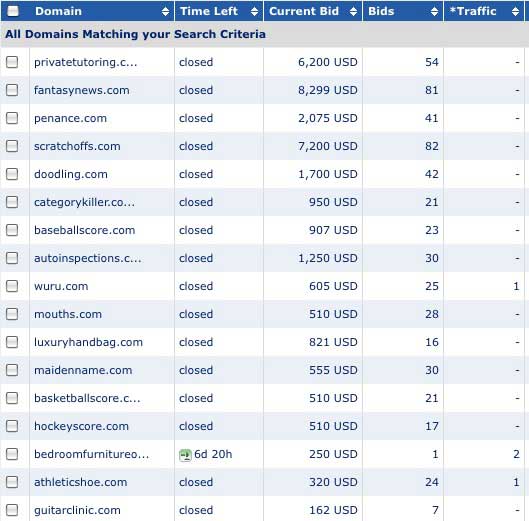
Penance.com went for $2075, in my opinion a great price. A little over my head but a great deal for the new owner.
If you’re a developer I’m sure you see some obvious and interesting potential for the HockeyScore.com names.
Doodling.com strikes me as a good (not great) branding opportunity for an art related site or blog.
The point is, there are great domains out there for reasonable prices. If you could use a little help finding them, drop me a line.
![]()

